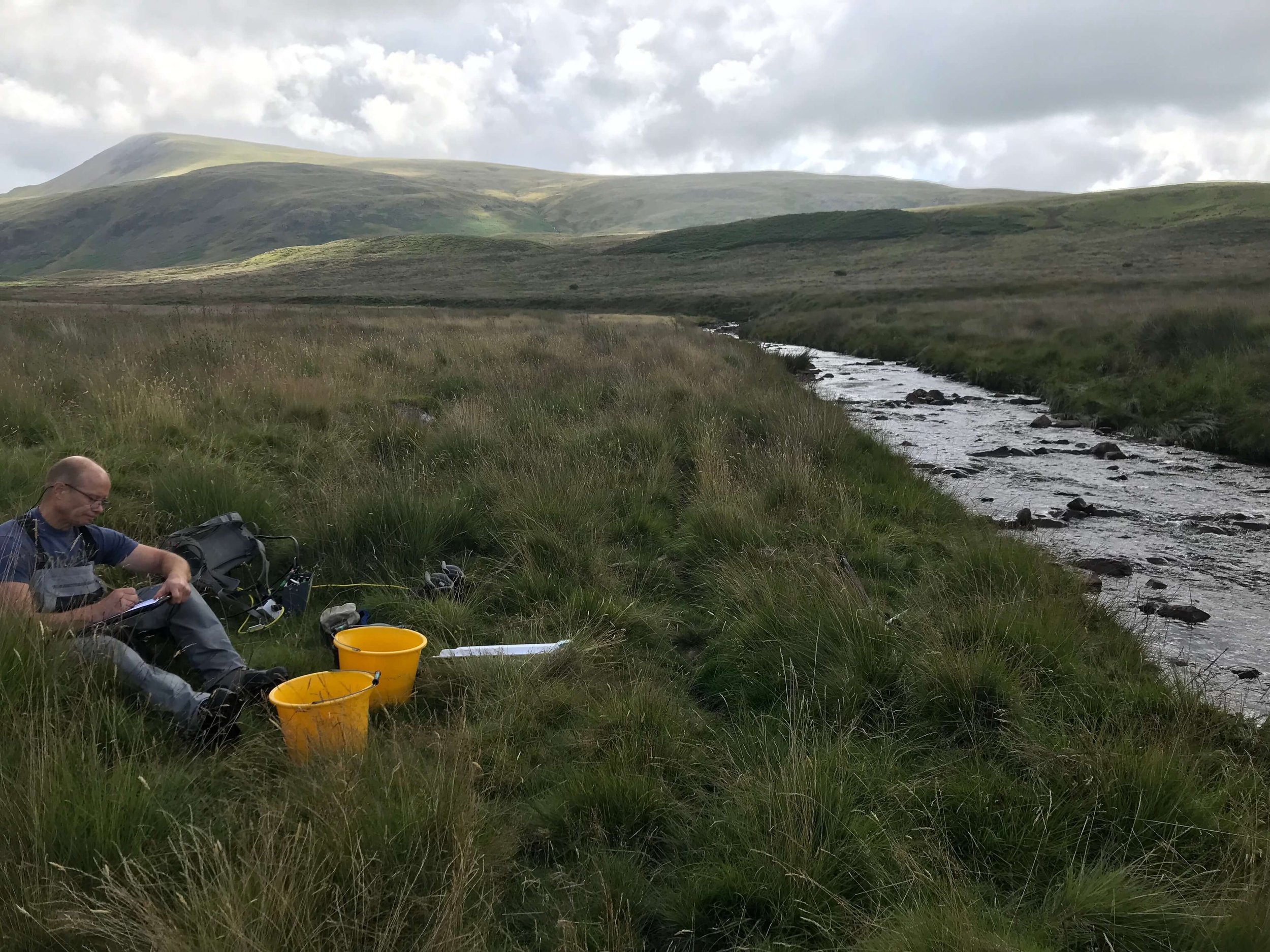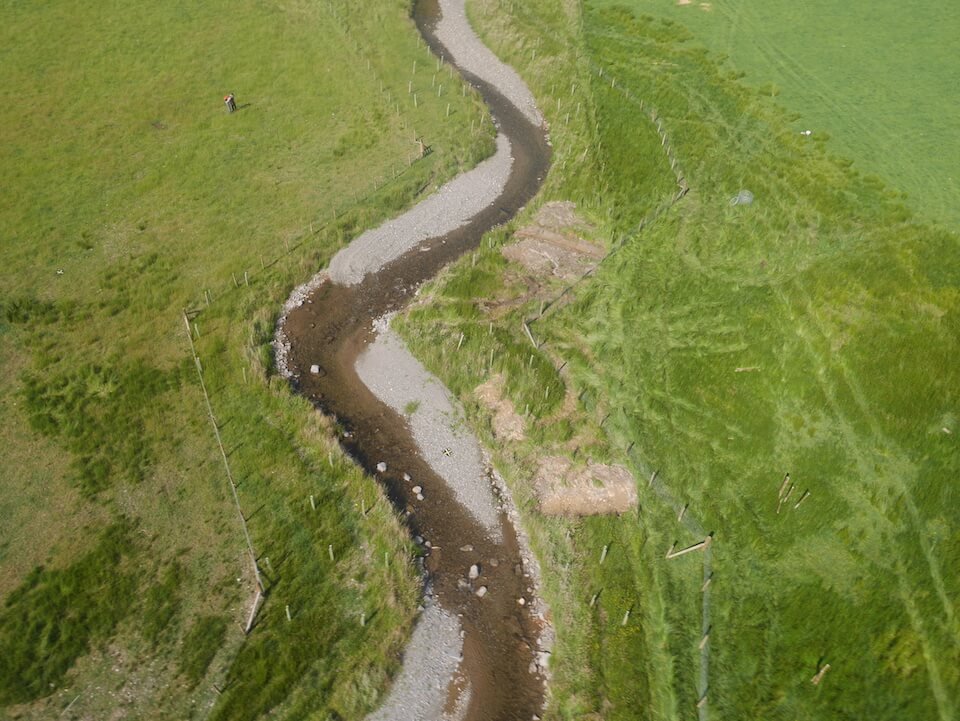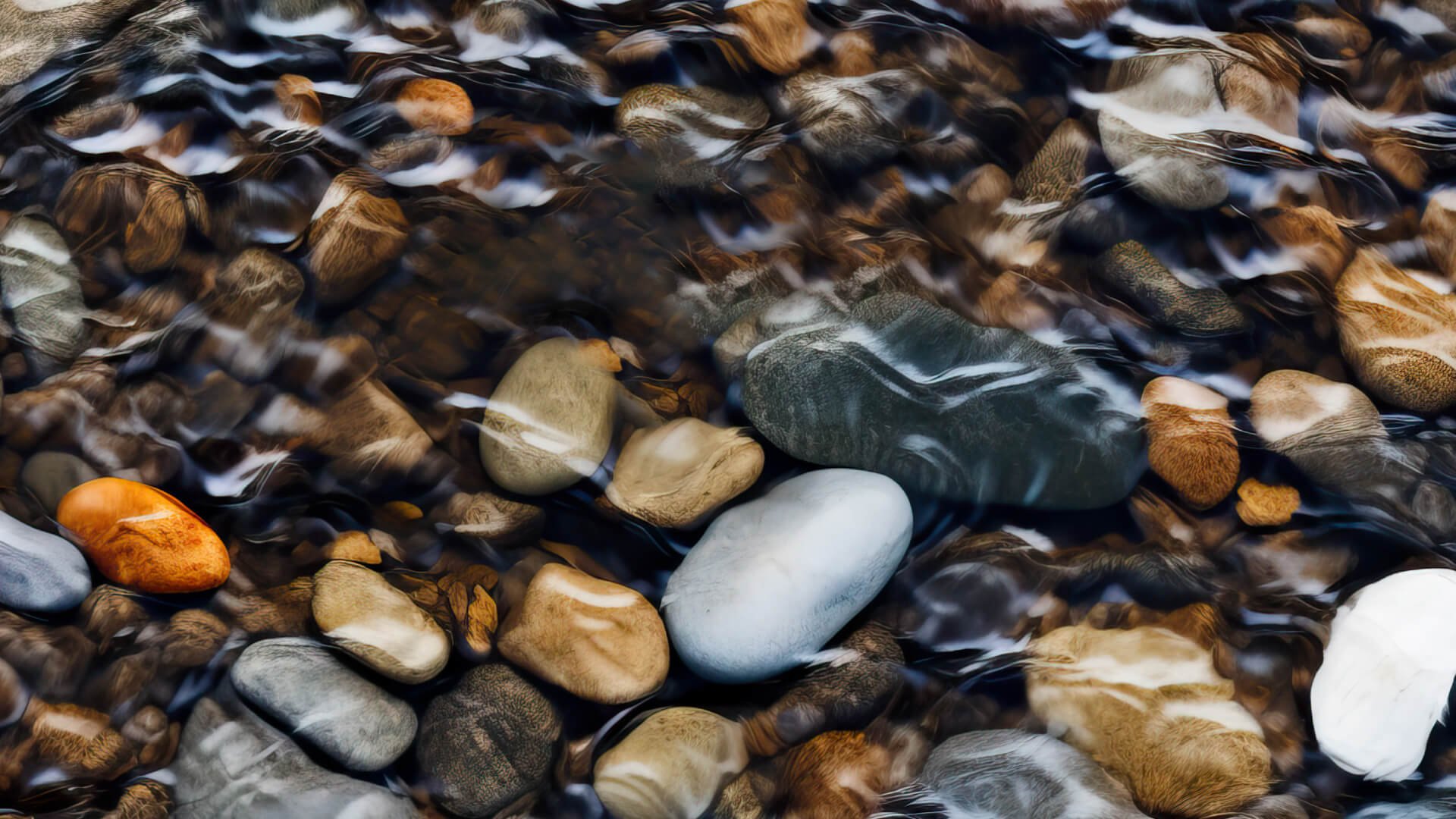
Habitat Improvements
Restoring and reviving our freshwater habitats is our bread and butter – it’s what we do every day. It’s not an easy task however, there have been many impacts on our freshwater habitats including industrialisation, urbanisation and agricultural intensification. Over time, our rivers have been straightened, diverted, dammed, deepened or reinforced altering their natural processes. These changes make them less resilient against the many pressures they face from floods, droughts, soil erosion and biodiversity loss.
River restoration aims to restore the natural processes of the river, such as variation in flow, connecting the river with its floodplain and providing many benefits to both people and wildlife including:
Flood regulation
Freshwater supply
Water purification
Carbon storage
Reintroducing natural processes can reshape rivers to provide the diversity of habitats required for a healthy river ecosystem and ensure their long-term recovery.
Virtually all rivers within our catchment and the wider National Park have been heavily modified over many decades. You can tell a river that has been modified by spotting one or more of the following river features:
Rivers separated from the flood plains by embankments
Re-enforced river banks e.g. using blockstone or gabions etc.
Straightened rivers with no wiggles or bends
Rivers artificially raised above the valley floor and running along the top of embankments (this is known as ‘perched’)
None of these states are natural and over time the structures will fail and the river will break out (many stretches of river are reaching this point now). The variety of riverbed habitat is very limited for wildlife in these modified river channels. This means that fish cannot carry out all the necessary stages in their lifecycle and aquatic plants struggle to become established in the fast-flowing Lakeland rivers and streams.
Climate change is also placing further pressure on these modifications. More floods are happening more often and causing the channels in modified systems to fail more frequently. On the other hand, more frequent droughts mean that modified sections, especially those rivers that are modified above the floodplain, will stay dry for longer periods. River restoration projects will help lessen these problems.
Whit Beck River Restoration

Before

After
River Restoration Strategy (The RRS)
West Cumbria Rivers Trust are partners in the Cumbria River Restoration Strategy. This award-winning partnership - led by the Environment Agency and Natural England, working with a number of other NGOs - delivers a significant number of river restoration projects throughout Cumbria. The aim is to restore rivers to a more natural form, improving the river for fish and other wildlife, whilst reducing the impacts of climate change on people and wildlife and the level of costly maintenance required for modified systems (which is now the responsibility of the landowner in most circumstances).
Back in 2014 we restored Whit Beck in the Lorton Valley; now one of the best sites in the Derwent catchment for Atlantic salmon spawning. We removed a large weir (a barrier to fish migration) in Egremont in 2018 helping Salmon and other species access the River Ehen; and in 2021 we restored 2.5km of heavily modified (and polluted) River Keekle near Whitehaven, in the process creating an additional 6 hectares of wetland habitat from scratch. Dozens of smaller projects were delivered alongside these larger examples, culminating in huge benefits for rivers, wildlife and people.
The work is in line with a lot of national and local plans and policies including the government’s 25-Year Environment Plan, The Environment Improvement Plan 2023 and the West Cumbria Catchment Partnership’s Catchment Action Plan. The work forms part of the North-West River Basin Management Plan, which is the legal mechanism to improve the health of rivers and waterbodies in line with the Water Environment (Water Framework Directive) (England & Wales) Regulations 2017.
WCRT have carried out a very large project adjacent to our village. The river bed was in a ruinous state for many years. Their determination and vision has returned this valley back to its original wild state. We are extremely grateful for this transformation
Brian Mossop, Moresby Parish Council and Walkmill steering group
Habitat Improvement Projects
A Wilder Walkmill
Catchment Partnerships
River Cocker
Fish & Habitat Surveys
Invasive Non-Native Species (INNS)
Longlands Lake
Resilient Glenderamackin
River Ehen
River Irt
St John’s Beck
Rivers Waver & Wampool
Woodlands For Water

Support our work
Without the help of our fantastic supporters, we’d be up the creek!

















